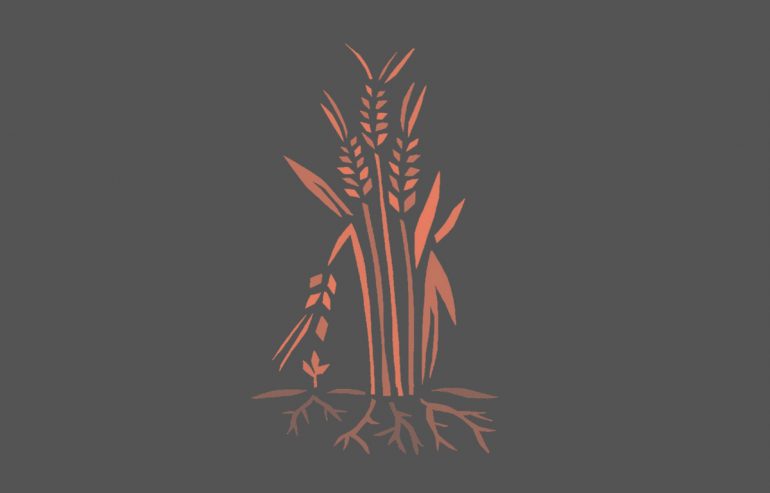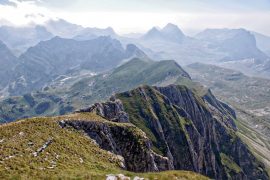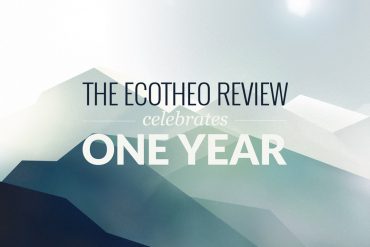For any creature to live, countless seen and unseen others must die, often by being eaten themselves. Life as we know it depends on death, needs death, which means that death is not simply the cessation of life but its precondition.
– Norman Wirzba
Our lives utterly depend on death. This is a biological fact. Thousands of living organisms live and die to make our nourishment possible – whether we eat plant or animal life.
By faith, we also affirm this to be a theological fact. Christian faith utterly depends on resurrection – first of Christ, then those who belong to Christ (1 Cor. 15:23). Resurrection presupposes death. To use Wirzba’s term, death is resurrection’s precondition. No death, no resurrection. Yet we struggle to have any comprehension of what this means in our death-allergic society.
I find it intriguing and instructive that Paul in his first letter to the Corinthians turns to agrarian imagery to convey the great mystery of death and resurrection.
But someone will ask, “How are the dead raised? With what kind of body do they come?” Fool! What you sow does not come to life unless it dies. And as for what you sow, you do not sow the body that is to be, but of a bare seed, perhaps of wheat or of some other grain. But God gives it a body as he has chosen, and to each kind of seed its own body. (1 Cor. 15:35-8)
As Paul continues, he connotes the vast diversity of the created order – animals, birds, fish, heavenly bodies, earthly bodies, sun, moon, and stars. Each member of creation, indeed each individual star has a glory particular to its identity.
Paul draws on the images of creation and agrarian practice to instruct the Corinthians on the relationship between life, death, and resurrection. The burial of the seed makes possible the transformation of resurrection, yet this transformation does not yield a homogenous crop. Rather, the fruit that emerges in the resurrection uniquely reflects the identity of the seed. The seed is transformed, but its identity is not lost, it is preserved. Soil and seed teach us this.
To hold the soil is to hold life, death, redemption and resurrection in your hand. This reality means more than I know how to express, but it is a reality the impact of which depends directly on my relationship to the land. It depends also on my willingness to look at the cross.
It is Good Friday, and death is close at hand.
This is a very particular death. It is not the death of exploitation, isolation, degradation, or alienation. Rather, it is death by way of the self-offering of God for the sake of redemption, reconciliation, and resurrection. This death echoes the countless deaths that take place every time we eat bread or drink wine for the sake of the flourishing of our lives. It echoes the life of creation given for the life of creation.
Again, this means more than I can express in words, but today on this Good Friday, I am challenged to sit with significance that surpasses me. I am challenged to give thanks for creation, for the life of God, and for the life of God in creation. I am challenged to reverently receive the life given so that I may live. I am challenged to receive the life and grace of God and subsequently give myself for the sake of the flourishing of all creation.
It is Good Friday, and death is close at hand. And of all things, this is very Good News.
By Nate Stucky, Director of the Princeton Theological Seminary Farminary Initiative
Questions & Actions
- As you eat today and as you experience Good Friday, consider the many deaths which make life possible. How does this interrelatedness of death and life impact your experience of Good Friday and Holy Week? How does it impact your eating?
- Where might you be called to offer life for the sake of the flourishing of all creation?





